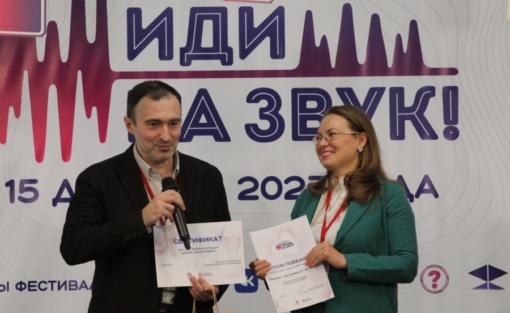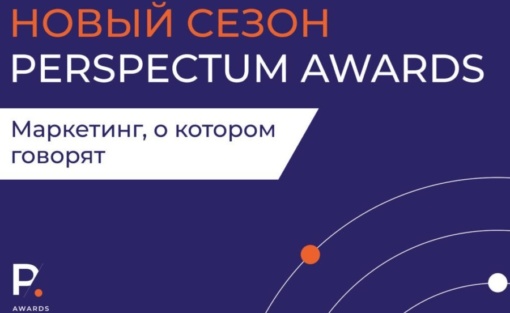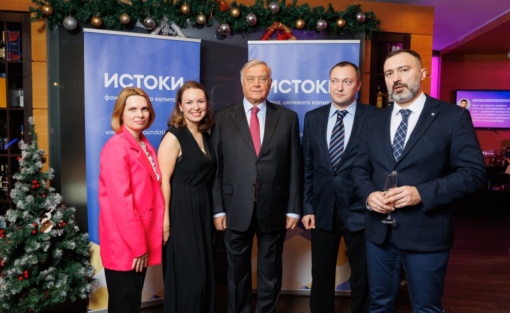Latin word ‘acceleratio’, which “accelerator” originated from, describes the speeding for any process. In the present-day dictionary one of its meanings is related to support provided for start-ups. From some point of time this notion can be applied not only for business but for the sphere on non-profit projects as well. Accelerators for non-profit organizations represent a topic, which is rather new both for western and Russian charity communities. Agency for Social Information has published a survey regarding what such accelerators consist of and how they operate.
Accelerating for business
Business accelerators focus on boosting the skills in existing projects with a viable business model and established experience in sales. In a difference to incubators that cooperate with start-ups or even project prototypes, accelerators interact with businesses that have proved their viability and function for at least two years.
Accelerators provide their residents with administrative, legal and educational services, along with media support. Their services also include networking, individual counselling regarding business matters, team building and product development, providing co-working space and venture financing. Later on, accelerators and their mentors facilitate the projects interaction with investors and business angels.












